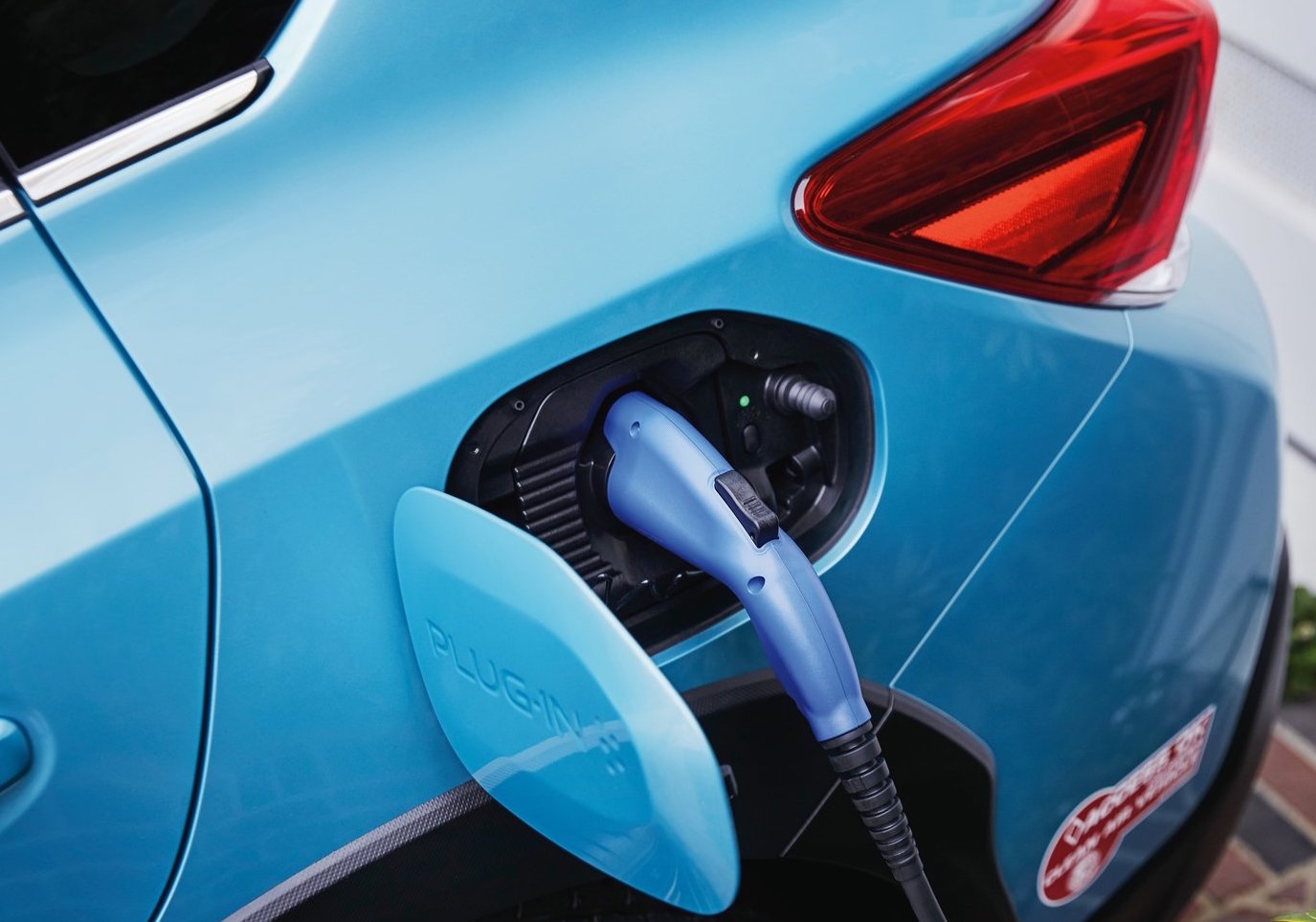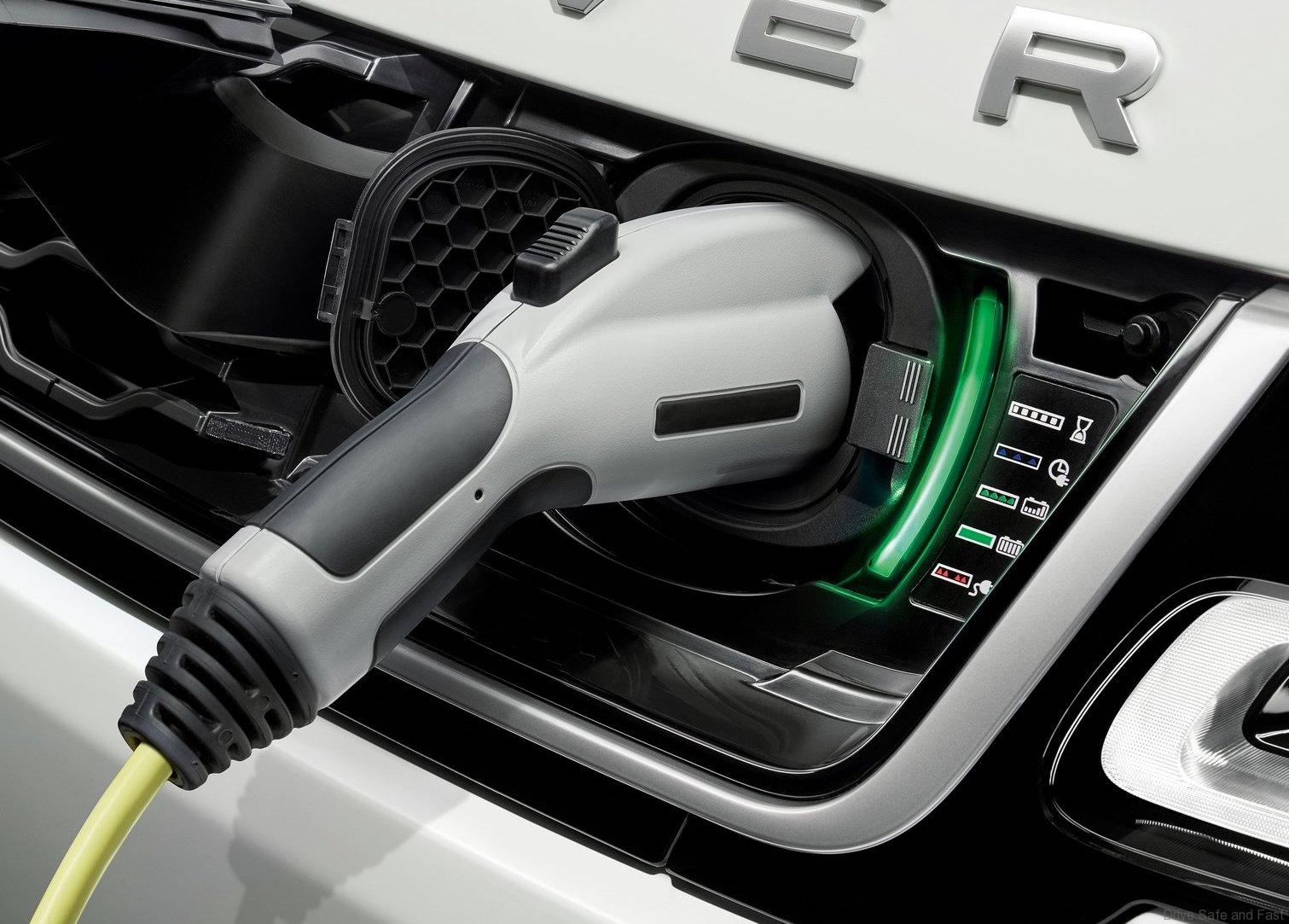News
What factors affect EV battery life?

To understand what impacts a battery’s life, it’s important to first understand how it works. Electric Vehicle (EV) batteries are lithium based, so when they are charged and discharged once, it’s called a cycle. A battery’s capacity will degrade as the cycle number increases and battery life is measured in those cycles, with the industry standard of cycles close to 80% considered a benchmark.

So what shortens the life of a lithium battery? A number of factors:
- High temperatures
- Overcharging or high voltage
- Deep discharges or low voltage
- High discharges or charge current
- When a lithium battery is charged, the voltage slowly rises. When it reaches full charge, voltage is at its highest and will not go up any more. There’s a need to keep voltage from getting excessive, which is why batteries come with a battery management system (BMS). These control the charging voltage so maximum charging voltage and temperature is never exceeded.





